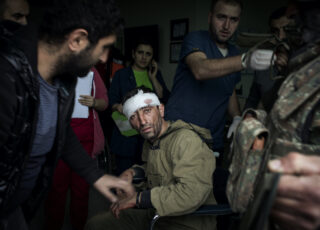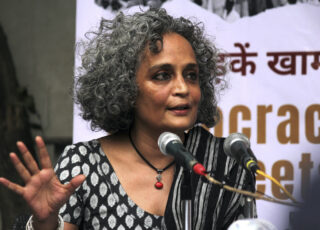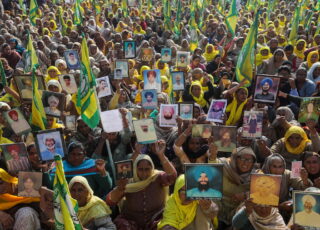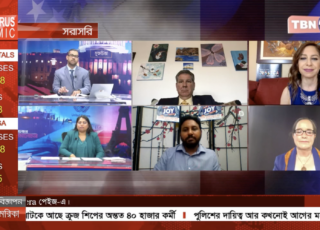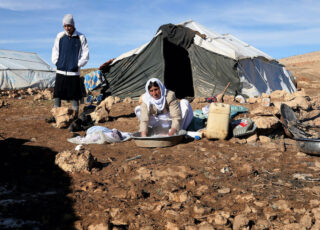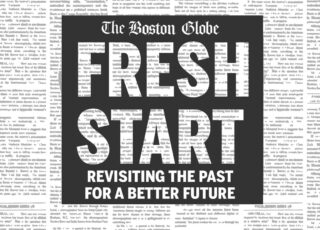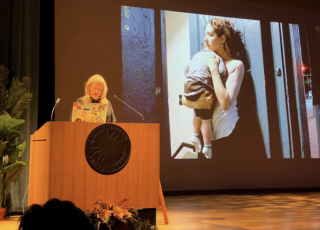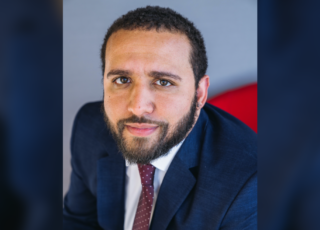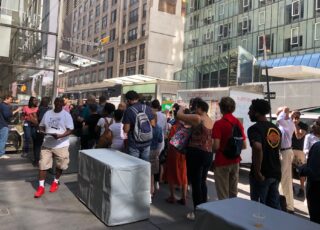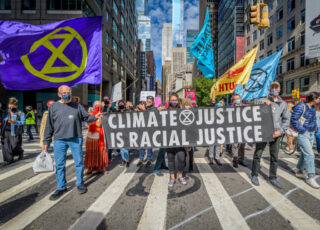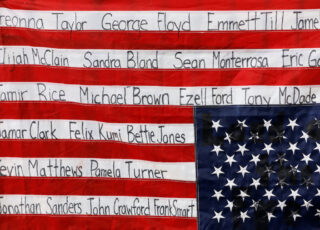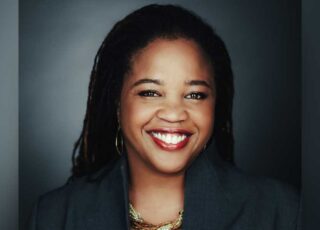ISSUE
Spring 2021
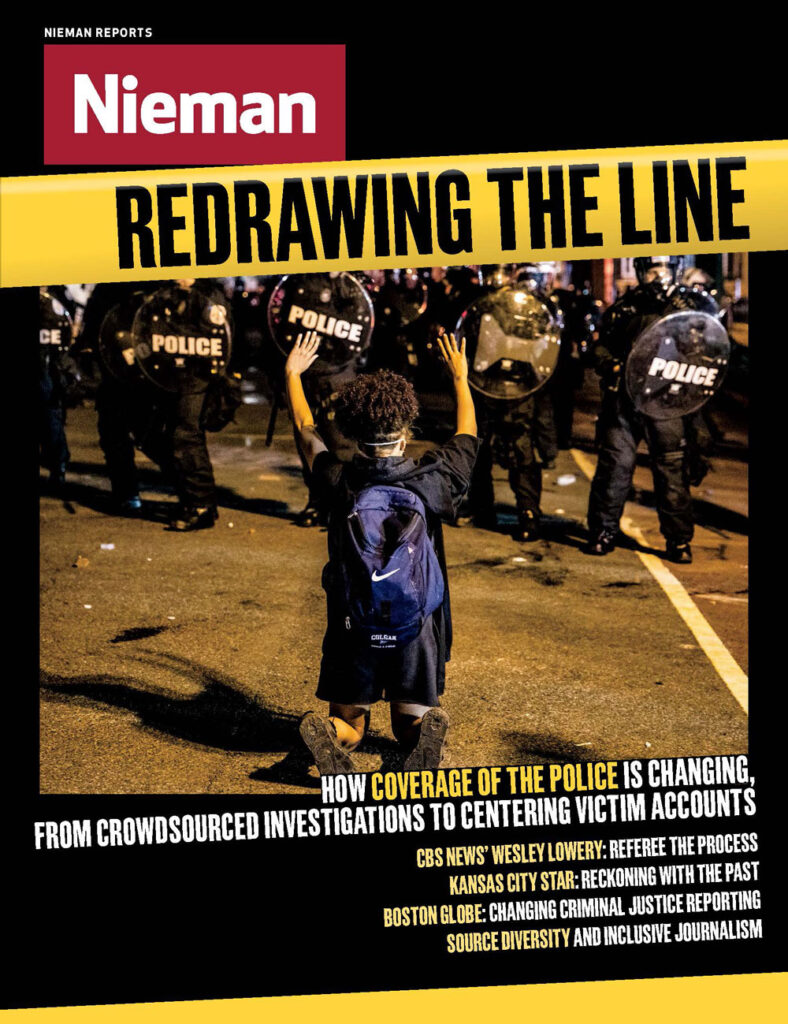
“What if the people storming the Capitol on January 6 had been Black?” It’s a question posed by many after the events of January 6, and it prompted newsrooms to contrast how law enforcement handled the largely white, pro-Trump mob with the excessive force deployed against the diverse Black Lives Matter protesters that gathered to peacefully protest George Floyd’s death in D.C. months before.
The question is also at the center of examinations of how media coverage of police violence, and of criminal justice, is changing. Spurred in part by Black Lives Matter, a new dynamic is emerging, with news outlets moving away from privileging police accounts over those of police violence victims and their loved ones, taking on interdisciplinary approaches to reporting, and crowdsourcing video investigations of police use of force. This shift is accompanied by other initiatives by newsrooms seeking to acknowledge and address past failures in coverage where race and criminal justice intersect.
Articles

